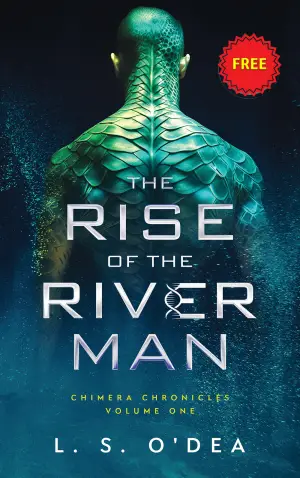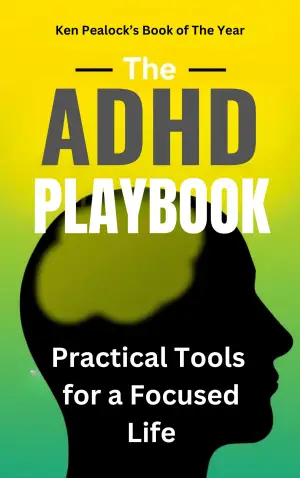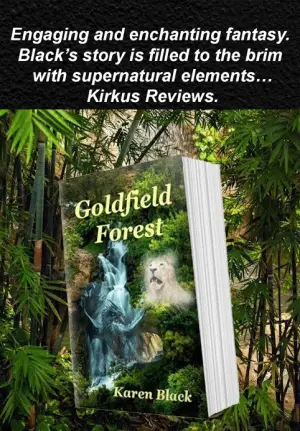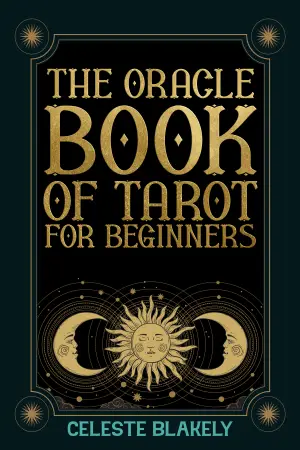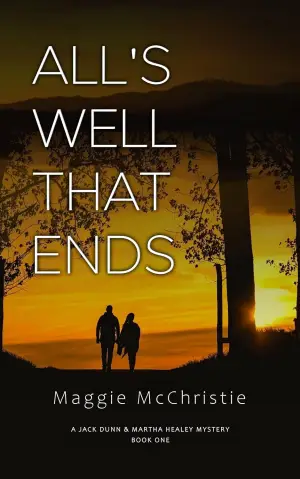A Journey Through Time and Space: My Thoughts on Terrestrial History
Joe Mungo Reed, where have you been all my life? As someone whose loved ones are often on the brink of emotional “no-man’s land,” your latest offering, Terrestrial History, felt like a revelation at just the right moment. This isn’t merely a sci-fi dystopian novel; it’s a thoughtful exploration of family, sacrifice, and the future of our planet—something I didn’t realize I needed until I dove into its pages.
At its core, Terrestrial History weaves a complex tapestry across generations, focusing on a Scottish family grappling with a crumbling Earth. Hannah, a brilliant scientist from our near future, is haunted by the environmental collapse she seeks to remedy—only to find herself torn between her ambitions and her family. The conflicts between her and her son, Andrew, add rich layers to the narrative. He, burdened by the weight of the world, resists the idea of fleeing humanity’s troubles for Mars, while simultaneously nursing his ambitions of political power. It’s a profound and relatable struggle: what does it mean to protect what you love when all you see is destruction?
Kenzie, Andrew’s daughter, adds another dimension to this family saga. As a tech wiz striving to develop a reactor for Martian colonization, she inadvertently symbolizes the hope for a future beyond Earth, even as she navigates the painful rift between her father and herself. Reed’s portrayal of their family dynamics is as intricate as the planetary turmoil, serving as a reminder of how personal histories shape our responses to global crises.
The writing in Terrestrial History is simply stunning. Reed employs remarkable descriptive techniques, painting a vivid picture of a world on the brink. His prose is both dense and beautifully lyrical, often slowing down the narrative to allow readers to linger on moments that resonate deeply. One particularly striking moment is when Hannah reflects on her life, feeling as if everything significant happened in the blink of an eye, reminiscent of the fleeting nature of life itself: "My whole life, it sometimes seems, happened in less than three days." This sentiment resonated with me, echoing my own contemplations about time and significance in our rapidly changing world.
While the narrative can sometimes shift into more ponderous territory, these moments are excusable given Reed’s philosophical depth and willingness to challenge readers. He seamlessly intertwines themes of science, psychology, and emotional turmoil, ultimately crafting a story that doesn’t seek neat resolutions but rather invites contemplation.
Terrestrial History is a novel for those who enjoy layered storytelling that probes profound questions about existence, responsibility, and the ties that bind us—particularly in the face of collapse. If you find joy in thought-provoking literature that demands reflection, you won’t want to miss this. Thank you, Norton Publishers, for sending me a copy; this is one journey I will cherish for years to come.
In a world increasingly overshadowed by uncertainty, Reed’s work stands as a beacon of both caution and hope. Have you ever found solace in a book during tumultuous times? For me, Terrestrial History has been just that. I hope it will resonate with you as much as it did with me.







